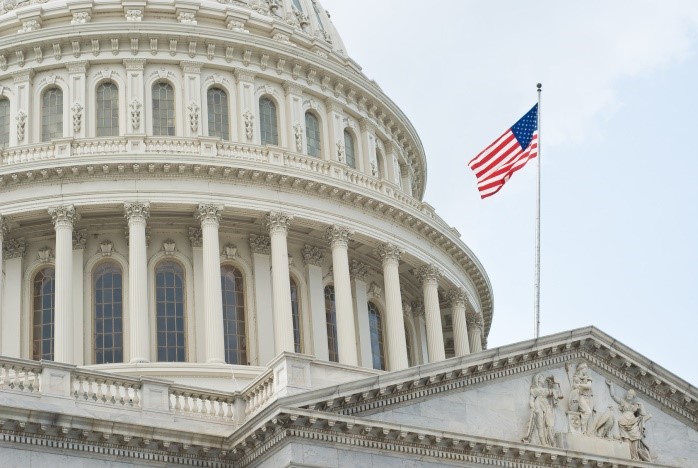Big Pharma is a classic example of an industry enjoying extraordinary returns on lobbying dollars spent. For example, consider the industry’s successful 2003 lobbying campaign to keep the cost of prescription drugs up. The pharmaceutical industry spent $116 million in lobbying costs to bar Medicare from bargaining for more competitive prices, ultimately preventing Medicare from saving $90 billion per year on prescription costs. The return for Big Pharma: a staggering 77,500 percent.1
Oil companies and multinational corporations routinely rake in equally impressive returns.
Perhaps you’re wondering how you can advance your organization’s interests through lobbying—if Big Pharma can do it, after all, why not you?
Whether you’re a nonprofit owner looking to establish a presence for your organization in D.C. or a mid-size business owner looking to fight local regulations that are negatively impacting your business, here are some things to consider before hiring a lobbyist.
Federal or State: Whether you should hire a state or federal lobbyist will depend to some extent on what you’re trying to accomplish. If you’re fighting a state regulation or vying for state dollars, a lobbyist who understands the intricacies of your state’s legislative and regulatory processes may be the best choice. If you’re challenging a federal policy or trying to get federal funding, an experienced lobbyist in Washington is ideal.
IRS Rules Regarding Lobbying: This is especially pertinent to nonprofit organizations who have filed for 501(c)(3) status. These nonprofit groups are only allowed to engage in lobbying (activities that attempt to influence legislation) as long as those lobbying efforts are deemed “insubstantial” or not a “substantial part of its activities.” 501(c)(3) organizations are generally limited to spending no more than 20% of their organizational budget on lobbying activities, depending on the size of the organization. A 501(c)(4) organization (also a nonprofit status), on the other hand, can engage in unlimited lobbying as long as the lobbying promotes the organization’s mission.
Budget/Price: You’ll need to determine what your organization can spend each month for lobbying services. The fees a lobbyist charges will largely depend on your particular service agreement. While some firms charge in excess of $50,000 per month for unidentified services, others, like Lobbyit.com, offer clearly outlined services at competitive pricing ranging from $1,000-$5,000 per month. Your best bet is to issue a request for proposal (RFP) when shopping for a lobbying firm to ensure you stay within your budget.
Length of Contract: Make sure you understand the contractual commitment clearly, including its length. Some firms require a commitment of six months or a year, while others offer month-to-month plans and flexibility switching between different programs as the needs of the organization or campaign change.
Experience: Does the firm you’re considering have experience working on issues pertaining to your industry? What victories have they won? Make sure your lobbying dollars are well spent by hiring a firm experienced in the issues that will further your organization’s interests.
Other Clients: One of the most important aspects of choosing a lobbyist is identifying potential conflicts of interest in the firm’s other clients. For example, if you are a physician’s organization, you’ll want to know if your lobbyist represents the health insurance industry. Some states have conflict of interest laws in place that prohibit such arrangements—but not all do—and less scrupulous firms may not disclose such conflicts. Ask to see the client list for the entire firm.

Choose Wisely
Hiring a lobbyist is a big decision, especially for small and mid-size businesses, and nonprofits with limited budgets. Interview prospective firms carefully, don’t be shy about asking for RFPs, and choose wisely. Most importantly, look for a firm with a solid reputation of successes and victories, like the expert DC lobbyists at Lobbyit.
Sources:

